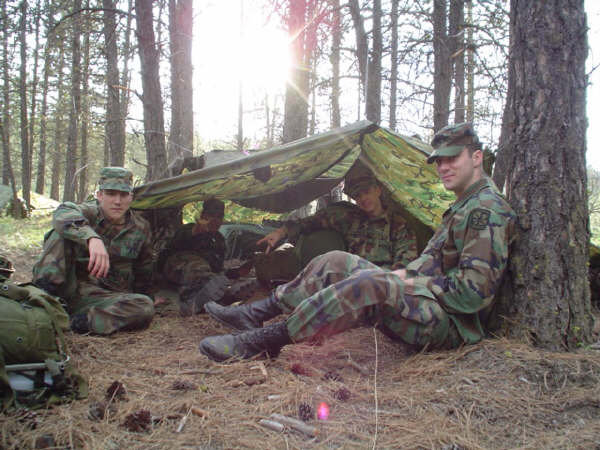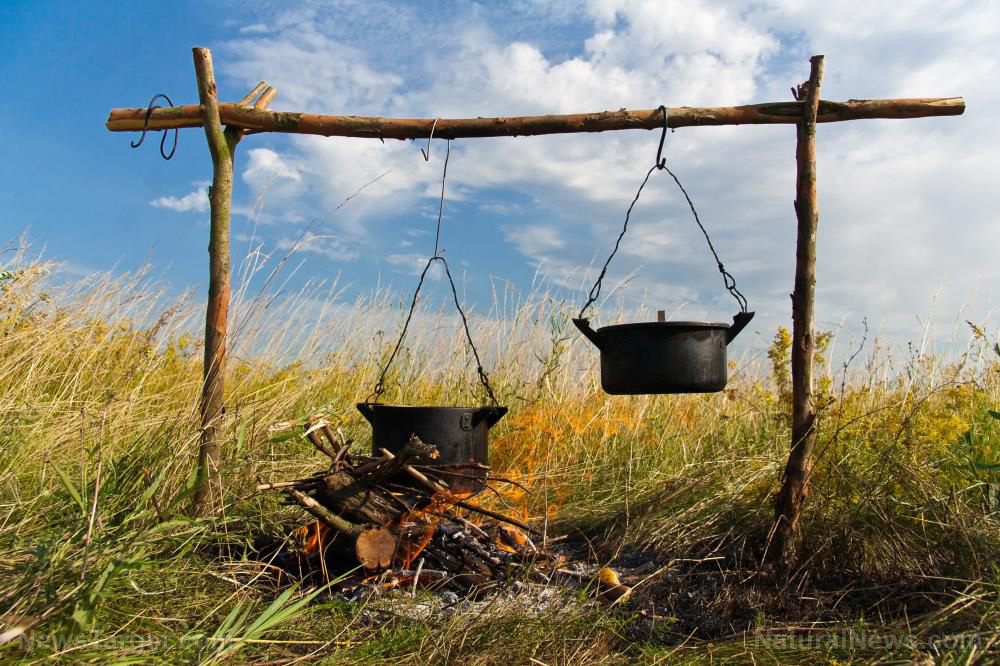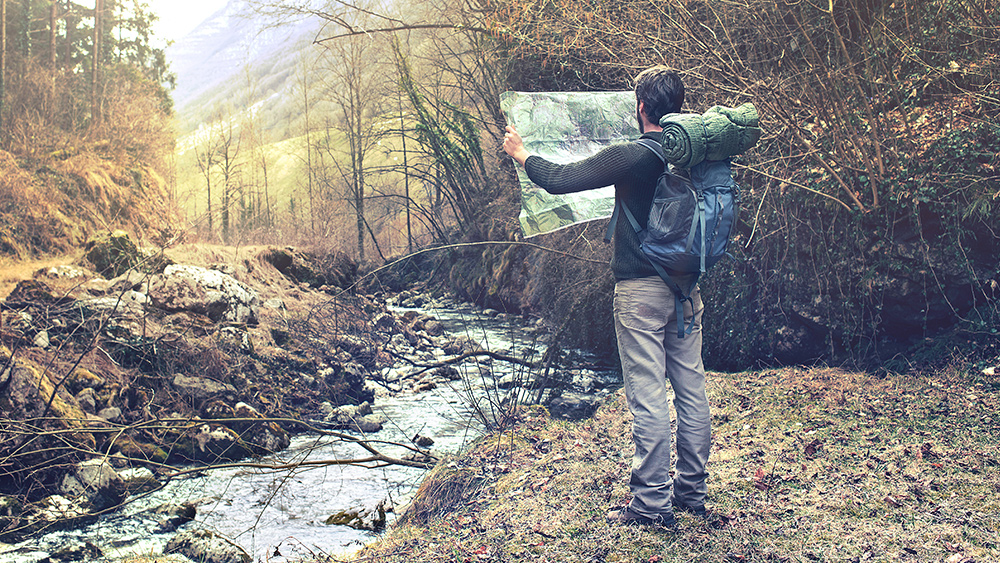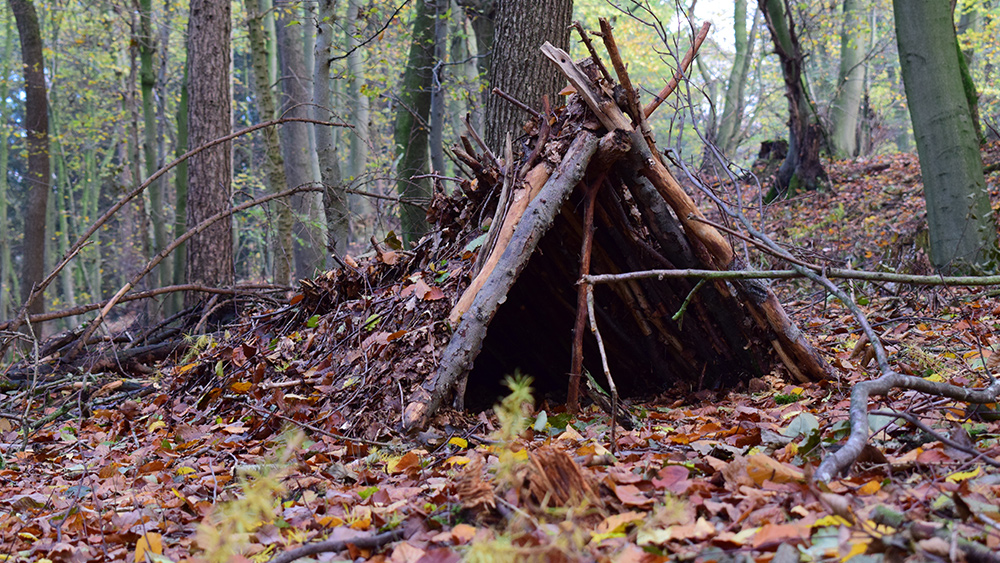
You can’t possibly be a good prepper if you don’t take time to think about all of the challenges that you will likely face following a large-scale crisis. If you don’t consider the possibility of disease or illness, for instance, how can you possibly take the necessary steps to prepare and ultimately protect yourself from such a threat when SHTF? In order to help you get ready for what’s to come, ModernSurvivalOnline.com recently compiled a list of 12 dangers that await you when bugging out.
1) Lack of clean drinking water
In a SHTF scenario, there is a chance that the water you usually get out of your kitchen sink will become contaminated or even stop flowing altogether. If you get your water from a well, even that could become contaminated and unsafe to drink. As such, make sure that your bug out route puts you within reach of sources of clean water, and also have a way to purify dirty water in case it becomes necessary as a last resort.
2) Dehydration
When clean drinking water is hard to come by and most of your days are spent on the move, dehydration becomes a very real threat. Keep in mind that in a SHTF scenario, you’re going to need more water than normal in order to keep your body functioning the way that it should. PreppingToSurvive.com points out that you can effectively rehydrate your body using simple household items. Simply mix one liter of clean water, 6 teaspoons of sugar and half a teaspoon of salt for a great drink that can rejuvenate your body in a relatively short amount of time.
3) Impassable roadways
When SHTF, it’s entirely possible that many of the roadways you commonly use to get to work or school will be completely blocked off. Abandoned vehicles on highways and bridges will make travel extremely difficult. Have a number of alternative routes ready to go in case you encounter impassable roadways.
4) Hypothermia
Without a roof over your head, you will be exposing yourself to the elements. This means that you are going to have to find ways to keep warm and dry when SHTF. Plan to use waterproof clothing and similar materials to prevent harmful conditions like hypothermia.
5) Looters/zombies
People will become desperate when SHTF, and that means that they will be willing to do things they wouldn’t normally do – including cause harm to you and your family. Do what you can to avoid encounters with other people, and always have a way to properly defend yourself and your possessions if you have to.
6) Disappearing rule of law
With society in shambles, the rule of law will be essentially thrown out the window. Police and firefighters likely will not be available to you in case of an isolated emergency that calls for their assistance. Take steps necessary to avoid people who act in a lawless manner and may cause harm to you and your loved ones.
7) Separation from your group
When bugging out, becoming separated from your group can be extremely dangerous. Without the ability to simply pull out your cellphone and call your friends, communicating and rendezvousing with your group can be very difficult when SHTF. Make sure that you have established a visual system to let your group know of any changes in plans.
8) Injury
If you get injured in a SHTF scenario, treating it can be difficult, especially considering the fact that you won’t be able to walk to a local pharmacy or doctor’s office for medical supplies. To prevent this, learn as much as you possibly can about how to avoid injury while bugging out.
9) Illness/disease
If water is cut off after a large-scale crisis, that means that maintaining personal hygiene can be a bit challenging, thereby making you more susceptible to illness. Animals and rodents will take over the streets in no time at all, many of which will likely carry diseases that can be easily spread from person to person. Make sure you are prepared to treat diseases when SHTF.
10) Exhaustion
Even if you aren’t doing a lot of traveling after SHTF, the overall stress that comes with real life survival situations can be overwhelming and flat-out exhausting. Plan for adequate sleep to keep your body functioning day to day.
11) Malnutrition and starvation
Becoming malnourished is one of the greatest threats that you will face after a societal collapse, due mainly to the fact that finding food will be exponentially harder to do. Plan to carry enough food and supplies for yourself and for everyone that you are traveling with in your group to avoid starvation when SHTF. (Related: Here’s how to make your own emergency food supply on a budget.)
12) Lack of accurate information
Lastly, a lack of accurate information in a survival scenario could very well mean the difference between life and death. You have to educate yourself on what to do and what not to do, where to go and where not to go, and who to trust and who not to trust. Avoid bugging out based on misinformation or incorrect assumptions at all costs, as the consequences could be fatal.
Sources include:
Please contact us for more information.





















